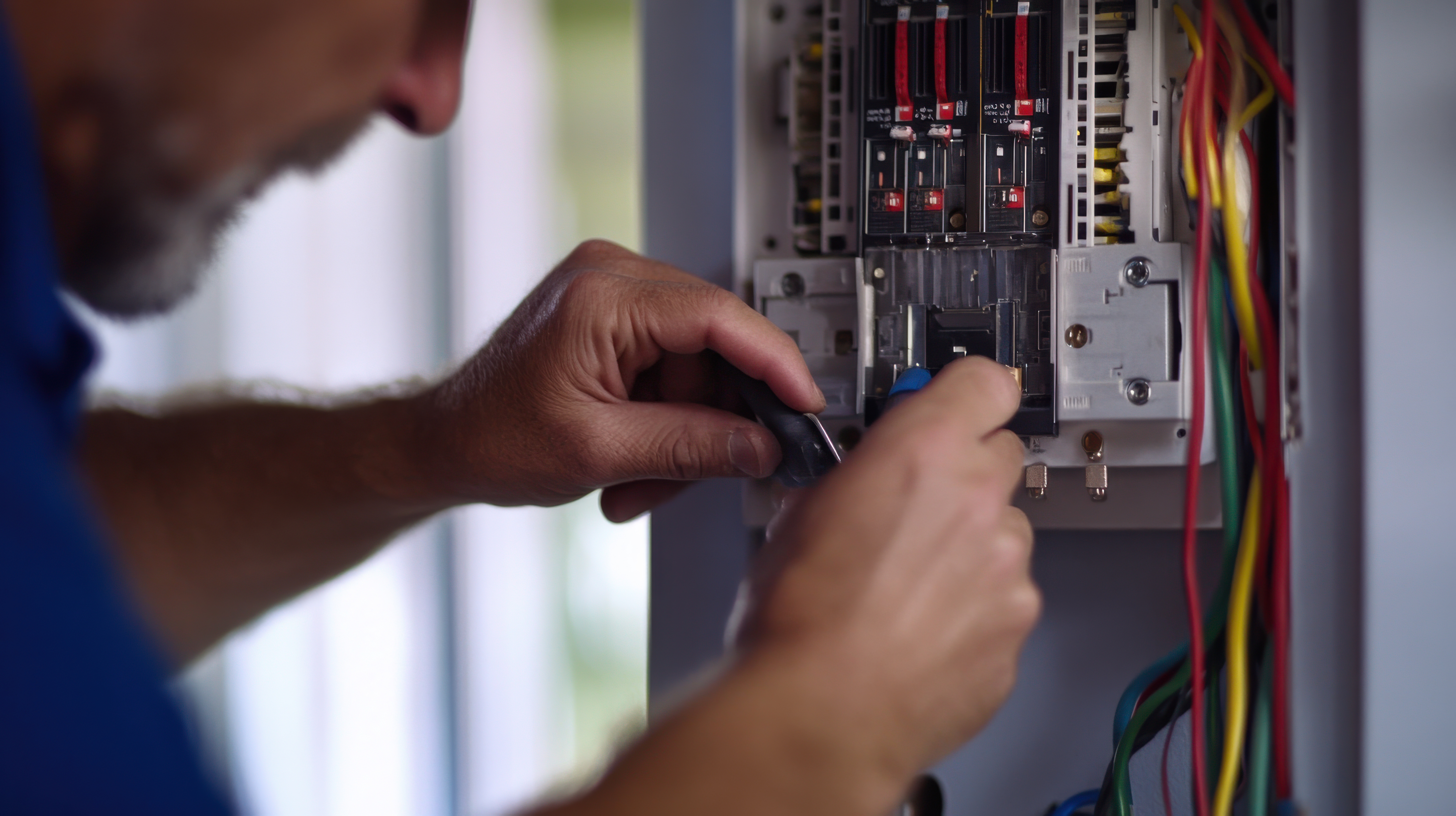
Wondering what rewiring a house costs in Atlanta? Find out what drives the price and how to plan for this important electrical upgrade in your area.
Knowledge is power


The biggest difference between watts and volts is what they measure.
Volts can exist independently, whereas watts are a product of volts and amps.
Understanding device compatibility and utility billing requires a knowledge of watts vs. volts.
In the realm of electricity and electronics, watts and volts are fundamental concepts with distinct meanings and applications. Although they’re sometimes used interchangeably, they actually have very different purposes. Here’s how to understand the differences between watts vs. volts.
Watts and volts are units that define different aspects of an electrical system. Below are the key differences between the two.
| Type of Difference | Watts | Volts |
|---|---|---|
| Measurement | Power | Electrical Potential |
| Significance | Safety/Compatibility | Energy Consumption |
| Relationship | Requires Volts | Independent Unit |
| Word Origin | James Watt | Alessandro Volta |

The biggest difference between watts and volts is what they measure. Watts are a unit of power, referencing the rate at which energy is used or transferred. This measurement determines the energy required for tasks or the generation of heat. A home’s energy consumption in watts helps determine factors like energy costs or the necessary size and cost of a whole-house generator.
On the other hand, volts are a metric for measuring voltage, quantifying the electric potential difference between two points in a circuit. Voltage represents the “push” that drives the flow of electric current and influences how strongly electrons move through a circuit. Electrical currents must have a specific count of volts to deliver sufficient energy to lights, devices, and equipment.
The information we get from measurements in watts vs. volts is significant for different applications. These are the main areas where knowing volts or watts gives important information.
Knowing the power consumption of devices in watts helps in assessing their energy efficiency. Lower-wattage devices tend to consume less electricity, which can help reduce energy costs and lead to a lower carbon footprint.

Volts play a significant role in determining the compatibility of devices with power sources, as they measure the electrical current potential in power sources (typically an electrical outlet). Mismatched voltage levels can lead to damage or improper function in electronic devices. For example, standard 120-volt outlets cannot handle the electrical load of washing machines and dryers. Setting up these appliances will require investing in the cost of hiring an electrician to upgrade outlets to 220 volts.
Voltage levels dictate safety when handling or being around electrical objects. Higher voltages pose greater risks of electrical shock, while lower voltages are generally safer. Home electrical systems feature voltage levels that can be lethal, so it’s extremely important to leave electrical work up to an electrician near you rather than attempting a DIY.
Utility companies use watts to calculate the energy consumed by a household in a given time interval. Based on their rate per watt, this determines the amount payable to a utility by that household.
Unlike watts, volts can exist independently as a unit of measurement. Watts rely on volts, as they can only be calculated via the multiplication of volts and amps.
Similar to watts, which took its name from the English inventor James Watt, the term "volts" is attributed to another inventor, the Italian Alessandro Volta. Back in 1800, Volta introduced a forerunner to the electric battery, known as the Voltaic Pile. Comprising alternating discs of zinc and copper, the Voltaic Pile generated a modest electric current.
From average costs to expert advice, get all the answers you need to get your job done.

Wondering what rewiring a house costs in Atlanta? Find out what drives the price and how to plan for this important electrical upgrade in your area.

How much does an electrical box replacement cost in Atlanta? Learn what affects the price and how much you can expect to pay.

How much does it cost to add an electrical outlet in Atlanta? Learn about average prices, local permits, and what impacts the cost in the Atlanta area.

Adding an outlet to your home can be as straightforward as connecting to an existing circuit. Learn how to wire an outlet from another outlet in this advanced-level DIY guide.

Learn how to install a coax outlet to save money and clean up the tangle of wires in your entertainment room or living room.

Are there outlets not working in one room in particular? Learn what could be causing the issue and how to solve the problem.